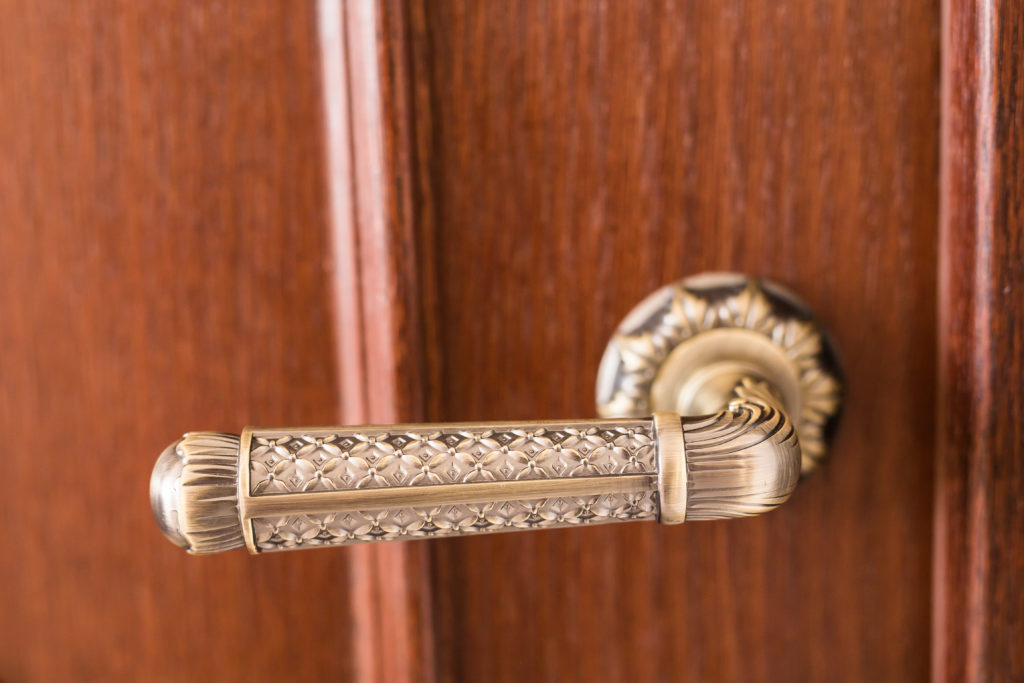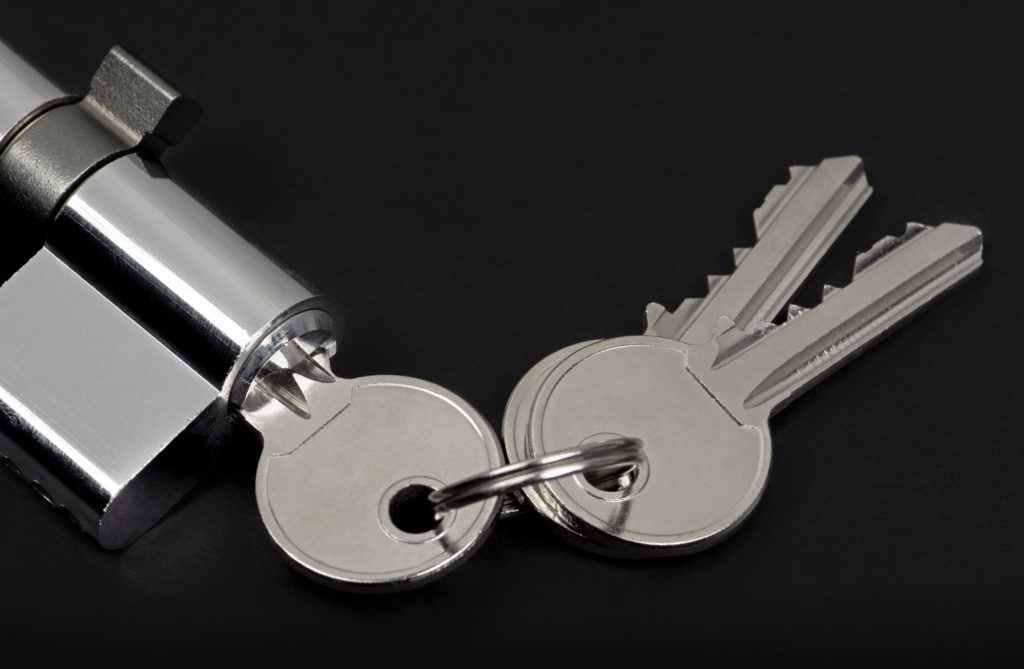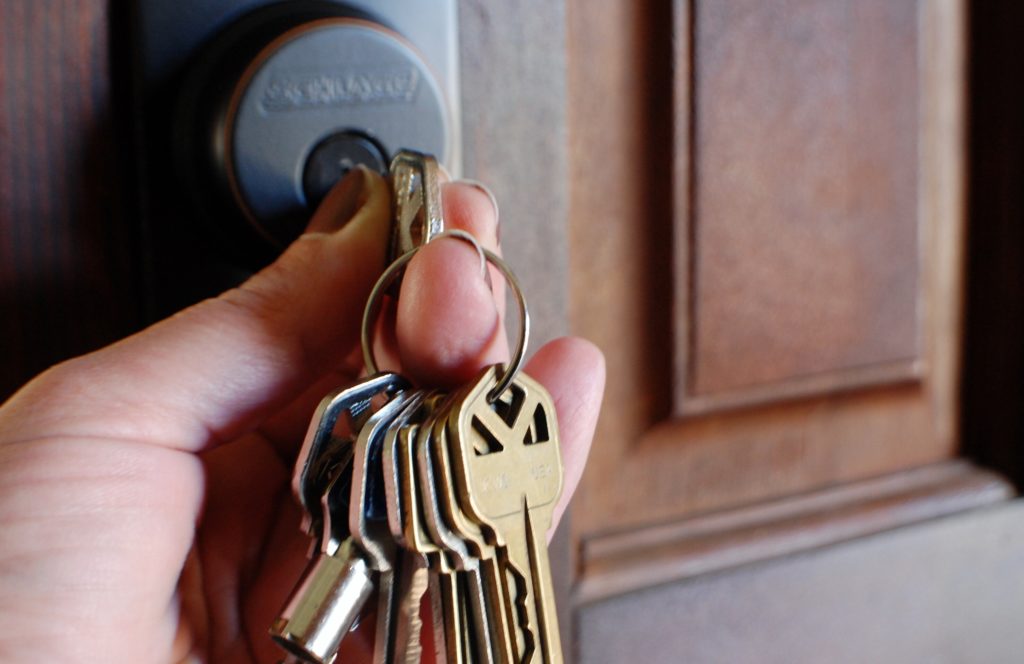What is Inside Your Door Lock, and How Does It Function?
Do you know how your door lock works? Here’s a look at what’s inside your door lock and how it functions. Know about everything in the lock.What comes to mind when you think about a lock? You’d probably guess that the typical front door lock seen in homes all around the United States is what you’re thinking of. Deadbolts, on the other hand, are often utilized in front doors.
Deadbolts, latches, and chubb door locks are all three types of locks that require keys. Here’s what you need to know about them.
What Is a Lever Lock, And How Does It Work?
In 1818, locksmith Charles Chubb established a firm in Wolverhampton that offered ironmongery. This was the start of one of the most well-known and successful types of door locks. The lever lock manufacturer became General Post Office’s sole supplier of locks.
It was only a matter of time before these door locks became popular choices. When you insert and turn the key, Chubb front door locks, often known as lever locks, have a series of internal levers that are lifted. This allows the lock bolt to be turned to open the door.

The Anatomy Of Door Locks And Their Uses:
It’s critical to understand the basic elements of your door lock. It isn’t only about turning a key and pushing it in. Inside the locks you use daily, some intricate engineering is going on.
Teeth are the small grooves on your keys. Those tiny teeth lift either pins or a chain of levers that allow the door to be unlocked as you insert a key into the lock cylinder. The leavers, or pins, must be raised to a certain height, so each key is unique, and your house key does not work for your friends and neighbors.
The lock’s inner mechanism is housed in a tumbler. This is where the pins and levers that control whether or not the key will be accepted or rejected are found. The bolt that keeps the door firmly shut after you’ve locked it will be linked to this component. Let’s look at a few of these components in further detail.
What Are the Components of a Door Lock?
The cylinder, bolt, and box are the three most important door lock components. These components can be found in various devices, from traditional chubb front door locks to cutting-edge electronic or smart locks.
-
Cylinder
The cylinder is the lock component that you deal with most frequently. This is where you’ll find the keyhole and tumbler, which are made up of those pins and leavers we discussed earlier.
The cylinder operates when you insert your key into the keyhole, which lifts the pins and lets you turn the key. You won’t be able to turn your key if the pins aren’t lifted.
If you’ve ever jiggled a key to find the right position to unlock a door, you know how annoying it is. Because the key isn’t properly engaging the pins, this happens. The pins will stay engaged if there’s no key in the keyhole or if the wrong key is used.

-
Bolt
The bolt is the most difficult aspect of a lever lock. The bolt is that metal piece that extends from the lock into the door frame. This component is the part of the lock that keeps your door firmly shut when you’re not at home.
There are two sorts of bolts. Deadbolts, which must be unlocked with the key, and spring action bolts that can close by themselves are the most common types. Because they may automatically lock behind you, spring action bolts provide additional convenience. Without a key, deadbolts are safer and more difficult to open.
-
Box
The hole that the bolt goes into is referred to as the box. This is generally in your door frame and is made to fit the lock’s bolt perfectly. One of the most frequent reasons for needing a locksmith is to have them repair or expand the box so that it continues to hold the bolt in place securely.
The box is one of the most underappreciated features of a door. When most people think about their looks, they’re usually thinking about the locking mechanism rather than the box that the bolt fits into. The box may deteriorate with time and no longer securely retain the bolt.
What Are The Components Of A Deadbolt?
Deadlocks are one type of lock that is typically found on front doors. Deadlifts are another example of deadlock design locks. These locks are considered more durable and secure than other front door locks. What distinguishes a deadbolt?
-
The Actual Bolt End
The deadbolt is generally thicker and extends further into the box than other kinds of locks. This keeps would-be robbers from jimmying this lock or opening it with force. Deadbolts are less susceptible to attack than cylinder locks, but they still can be disabled. Unless you have a master key or other duplicate key, it is difficult to open this type of bolt. It’s also typical for a deadbolt as a secondary locking mechanism over a spring auction bot.
-
The Thumb Latch
The thumb latch is the little latch on the inside of a door that you can use to lock or unlock the deadbolt.
The thumb latch provides the important function of allowing you to easily and quickly unlock or lock your door from the inside without using a key. On the inside of the door, the thumb latch is generally above the handle. The thumb latch is pressed down with your thumb, which unlatches the deadbolt from the lock. On garden gates throughout America, you’ll notice a similar mechanism. This is what a deadbolt lock looks like.

-
The Turn Piece
The turn piece works similarly to a thumb latch. This is an external portion of the lock that extends from the exterior, through the interior cylinder, and into the inside of the door. You can lock or unlock a deadbolt using a turn piece from within without using your keys.
-
The Keyhole
Every lock has a keyhole, whether ancient Chubb front door locks or modern smart locks. The keyhole is the most basic component of your lock and is meant to accept your key only. Even if you can insert another key into the gap of your lock, you shouldn’t be able to turn it and open the door.
For contact: Speedy Locksmith
Conclusion:
As you can see, several components make up a deadbolt. These include the bolt, the box, the thumb latch, the turn piece, and the keyhole. Each of these parts plays an important role in keeping your home safe and secure.
Get A Quote
Get a FREE onsite estimate
Or Call Us For Emergency AppointMeNT
Average star rating for Speedy Locksmith's service is 5 star
STATISTICS
Speedy Locksmith in numbers
Designed By AD4LOCKSMITH
© 2021 Speedy locksmith All rights Reserved.

